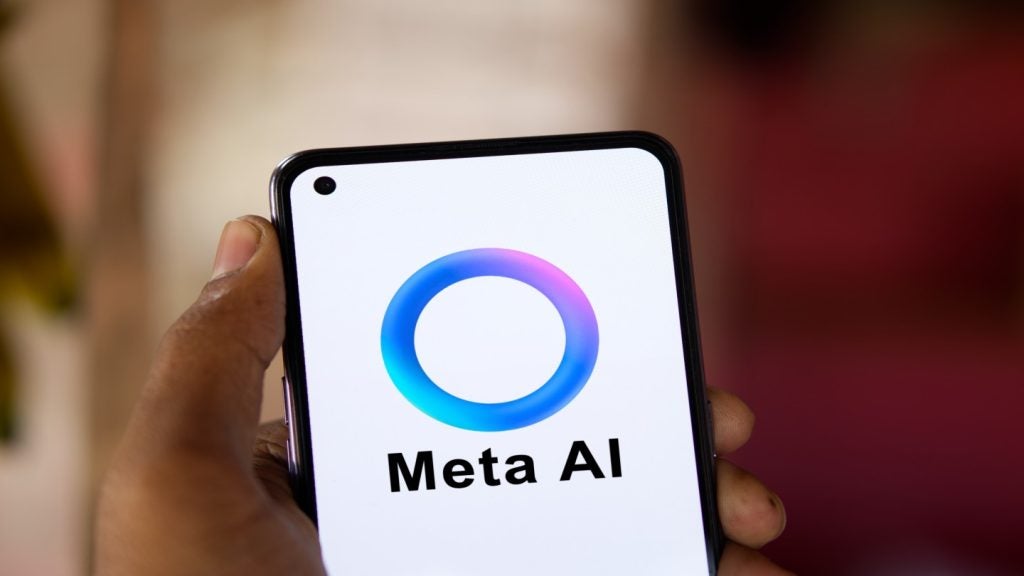
Predictions of a boom in voice assistant shopping are “wildly optimistic”, according to ParcelHero, with consumers yet to fully embrace the technology.
According to some estimations, voice assistant shopping, in which users make purchases using a smart speaker and their voice, is expected to will reach $40bn by 2022, a significant increase from from $1.8bn in 2018 in the US and $0.2bn in the UK.
According to eMarketer, 31 million people in the US will shop via a smart speaker this year, up 31.6% from 2018, with 13% of US homes currently owning a smart speaker. But ParcelHero has warned retailers to exercise caution when investing in and building strategies around smart speaker shopping.
Head of consumer research at ParcelHero David Jinks believes that a large number of smart speakers will need to be sold over the next few years for predictions to become a reality, and with that there would have to be a rapid rise in consumers choosing to shop via smart speaker.
Research from ParcelHero reveals that just 0.5% of all US online spending and 0.1% of UK online spending is done using a smart speaker. Jinks believes that many industry claims for smart speaker sales are “likely to fall on deaf ears”.
“Not a great way of searching for products”
Jinks explains that issues surrounding consumer acceptance and usability are behind this:
How well do you really know your competitors?
Access the most comprehensive Company Profiles on the market, powered by GlobalData. Save hours of research. Gain competitive edge.

Thank you!
Your download email will arrive shortly
Not ready to buy yet? Download a free sample
We are confident about the unique quality of our Company Profiles. However, we want you to make the most beneficial decision for your business, so we offer a free sample that you can download by submitting the below form
By GlobalData“The disturbing news that Amazon doesn’t always delete the stored data that it obtains through voice interactions with the company’s Alexa and Echo devices — even after a user chooses to wipe the audio files from their account – won’t help its progress. And, similarly, Google has just admitted its employees listen to Google Home recordings to improve voice recognition.
“With all this in mind it’s little wonder that 43% of consumers cite a lack of security features as the number one reason they won’t make more voice purchases.”
This follows reports earlier this month that transcriptions of voice recordings from Amazon Alexas may be stored on Amazon servers even after they are deleted.
Jinks also believes that the usability of smart speakers can make them unsuitable for online shopping:
“The second hindrance is that smart speakers are simply not a great way of searching for products…Some, such as the Echo Show, do feature screens, but most do not; this makes browsing for items difficult. It’s far faster to look at a picture or read a description on a tablet or PC than hear that description read out.
“This is a considerable drawback and part of the reason ParcelHero’s own research reveals less than 10% of smart speaker owners actually use them for regular purchases – and these are mainly repeat low-value items such as bin bags.”
Finally, Jinks believes that a key barrier preventing consumers from fully embracing voice assistant shopping is a lack of streamlined experiences:
“It is simply impossible to complete a purchase on the vast majority of sites. For example, Argos, a trailblazer for omni platform sales, was first to introduce a UK Google App in September 2018. It certainly proved great for checking product availability and reserving an item: but the final purchase still has to be completed in store or manually online.
“And the same is true with Amazon’s Alexa. Ocado, Morrisons and Sainsburys have been quick to introduce voice-based ‘Skills’ Apps, enabling customers to add items to an existing order, remove an item from the ‘trolley’ etc. But again, it’s not yet possible to complete the purchase using the speaker alone.”
Read more: Will digital voice assistants make hotels better?







